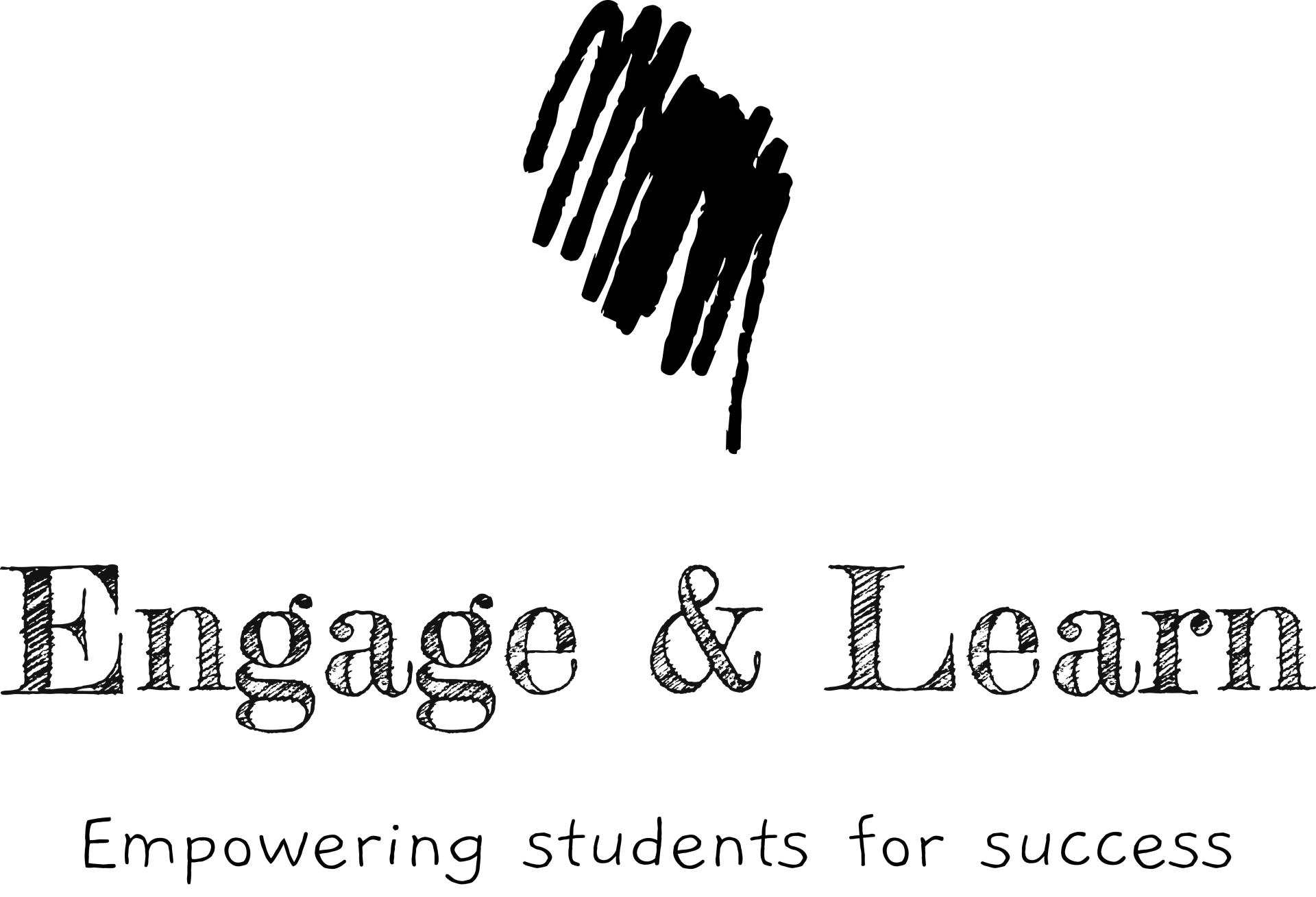The Role of Phonics in Early Reading: Proven Techniques to Lay the Foundation for Literacy
In the realm of early literacy, mastering phonics is akin to unlocking the door to a world of words. Phonics, the relationship between sounds and their corresponding letters, plays a pivotal role in teaching children to read. Research has consistently shown that a strong foundation in phonics significantly contributes to a child's reading success. In this blog post, we'll explore the importance of phonics in early reading and delve into proven techniques to lay the groundwork for literacy.

The Significance of Phonics in Early Reading:
Numerous studies underscore the crucial role phonics plays in early reading acquisition. A landmark study by the National Reading Panel (NRP) in 2000 found that explicit and systematic phonics instruction is highly effective in teaching children to read. This research, along with subsequent studies, emphasizes the importance of teaching children the relationship between letters and sounds, enabling them to decode words with fluency and accuracy.
Proven Phonics Techniques:
1. Systematic Instruction:
Research consistently supports the use of systematic phonics instruction, where children are taught the relationships between letters and sounds in a logical sequence. This approach helps build a strong foundation by gradually introducing more complex phonetic patterns.
2. Multi-sensory Learning:
Engaging multiple senses in the learning process enhances retention. Incorporating activities that involve listening, speaking, and manipulating letters and sounds provides a comprehensive approach to phonics instruction. The Orton-Gillingham method, a multisensory approach, has been widely recognized for its effectiveness in teaching children with dyslexia and is valuable for all learners.
3. Phonemic Awareness Activities:
Before diving into phonics, developing phonemic awareness is crucial. This involves recognizing and manipulating individual sounds in words. Activities like rhyming games, blending sounds, and segmenting words into individual phonemes pave the way for successful phonics instruction.
In conclusion, the role of phonics in early reading cannot be overstated. Research consistently supports the effectiveness of explicit and systematic phonics instruction in building the foundation for literacy. Utilizing search engine optimization for tutoring can guide parents and educators to evidence-based resources. Implementing proven techniques such as systematic instruction, multisensory learning, and phonemic awareness activities can make a significant impact on a child's reading success. As we champion the cause of literacy, let us recognize and embrace the power of phonics in shaping the reading journey for our young learners.







All Rights Reserved | Engage & Learn





